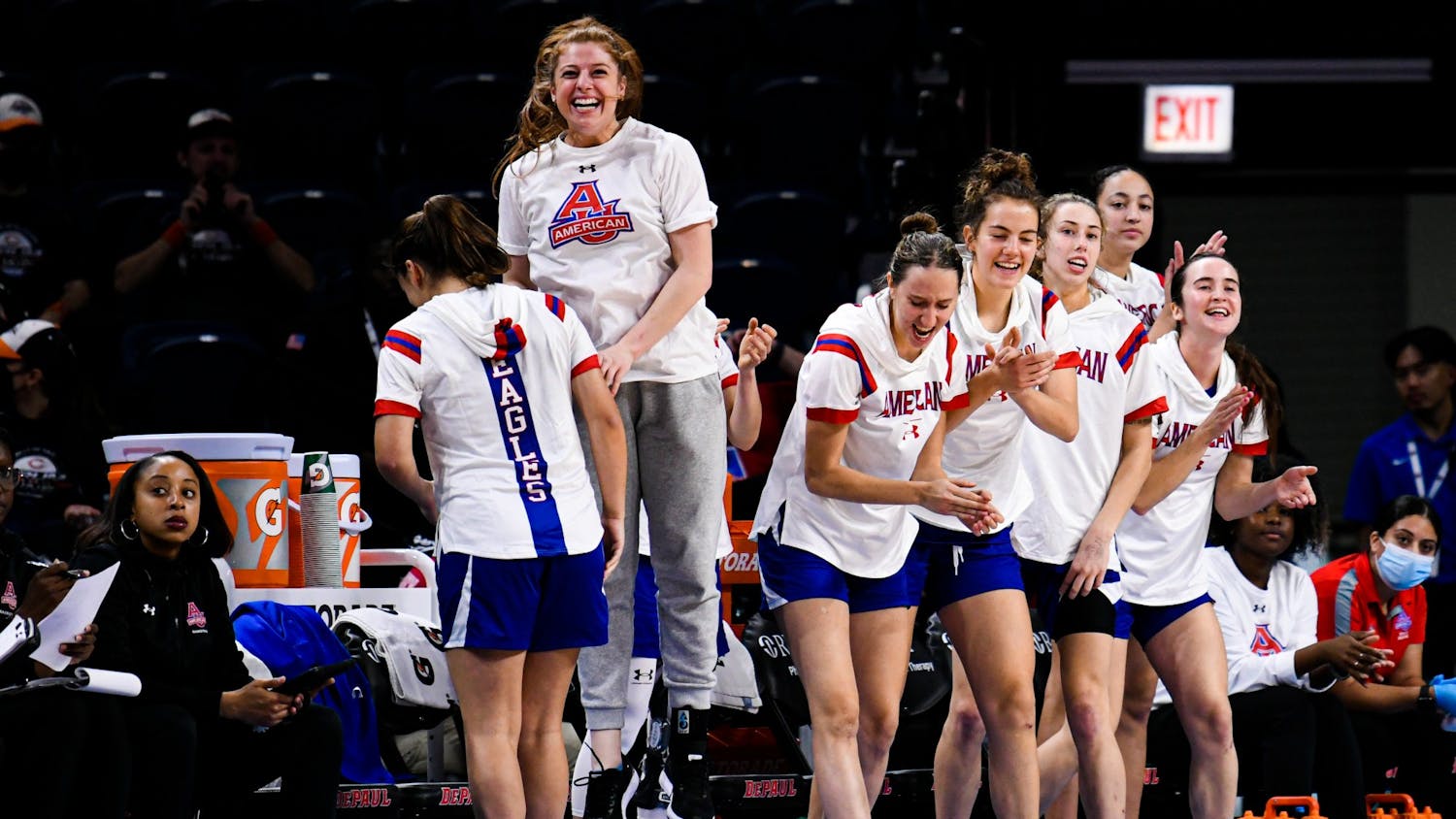As a few of you may have already noticed, there is no professional hockey being played this season. This is a travesty.
With the NHL players and owners entangled in a legal battle over salary caps and revenue sharing, the world is being deprived of one of the most exciting spectacles in all of sports. Even more stark, however, is the fact that the lockout threatens to rid the United States of hockey altogether.
At the end of the 2003-2004 season, the NHL ranked at the bottom of a number of important surveys relating to fan interest in the United States. It was last among the four major sports (baseball, football, basketball and hockey) in both time spent playing and time spent watching, and when shown on television, it garnered the lowest Nielsen rating among the four sports in similar time spots. In addition, Disney, which owns both the ABC and ESPN networks, opted not to extend its television contract with the NHL following the dismal ratings of last year's Stanley Cup Playoffs. NBC then drafted a new television contract for considerably less money.
All these indicators showed that even before the lockout, the NHL was unpopular among U.S. sports fans. While a problem, this is something that all of the major sports have encountered and been able to solve.
The NBA adopted the three-point line and 24-second clock to increase scoring and tempo, and it drew fans. The NFL adopted free agency to create more parity in the league. Major League Baseball, while silent, even allowed a looser drug policy so fans could see longer home runs. But the NHL did not try to adapt to a changing sports environment; rather it took a series of steps backward.
With interest in alternative sports such as NASCAR and college athletics growing yearly, the NHL needs to do the obvious and end its labor dispute. But more importantly, it needs to adopt some rule changes. With that in mind, here are three that might make the game a little more interesting to the average American sports fan.
The first thing that the NHL can do is widen the rinks so they more resemble international competition. Olympic hockey is more exciting to watch because the skilled players have more room to work with, the action is faster and scoring is higher. The current rinks leave little room to work with and are more suited to a physical, goon-like game. While fighting - which is barred in international play - should remain legal, a bigger rink would make the game faster-paced and less sluggish.
The second thing the NHL should do is change the overtime format from a five-minute sudden death to a shootout. A shootout is one of, if not the most, exciting things in all of sports and would guarantee a winner in all games. Fans would not leave with the disappointment of seeing a sister-kisser (tie), and players' skills would be showcased in the most visible way.
Finally, line changes made during stoppages of play should be limited to commercial timeouts only. All other line changes must be made on the fly. This will lead to a quicker game and less lag time between whistles. Fans attending the game will spend more time watching real action, and fans at home will be treated to fewer commercials.
With these rule changes and a serious media campaign, the NHL has a chance to reclaim the hearts of U.S. sports fans. Until then, most will forget about hockey, and those who loved it will only have their memories to hang on to.




